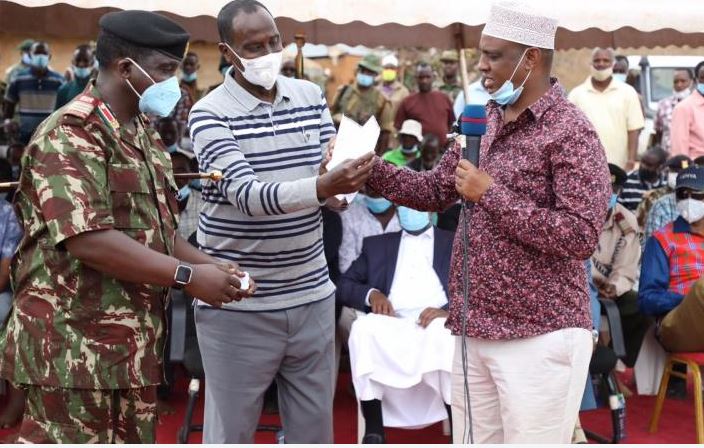×
The Standard e-Paper
Kenya’s Boldest Voice

The recent killings of young people, mostly students in Saku Constituency, Marsabit Central, has baffled residents.
The killers, in jungle fatigue, mostly strike when dusk approaches and disappear under the cover of darkness into the dense Mt Marsabit forest. Their targets have largely been students and primary school-going pupils.